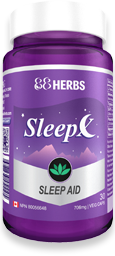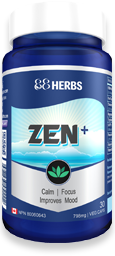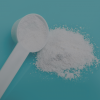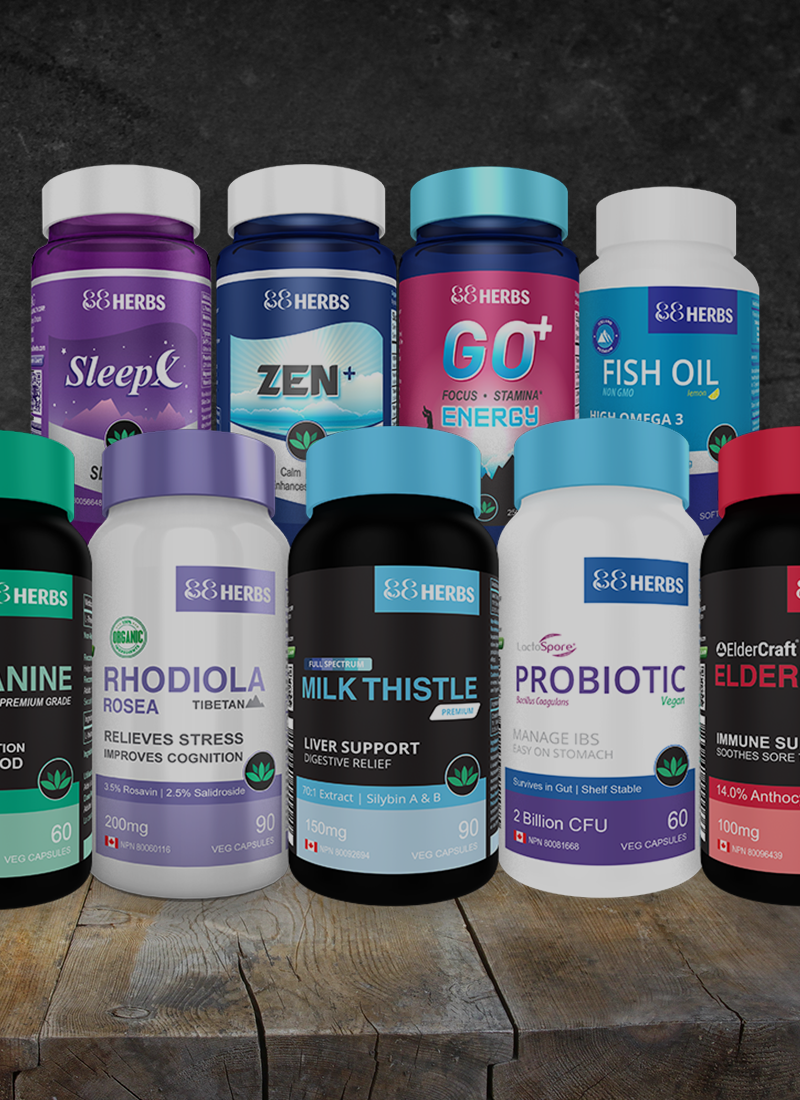Which probiotic should I take?


There are so many different types of probiotics on the market it’s extremely hard to know where to begin. Let’s cut through the noise and discuss how to choose the best probiotic for you.
It’s important to make sure that scientific research has been done on humans for any probiotic you are considering. How the probiotics may work in a lab setting can be vastly different from how they work when taken as a supplement. A lot of probiotics appear impressive based on their marketing, but many don’t live up to the hype.
The reason is that most probiotics don’t survive in the harsh environment of a human gut. If the probiotics don’t survive in the stomach and the intestines, then they are completely useless as a supplement.
A lot of probiotics need to be refrigerated to stay alive in the bottle. The problem is they often die almost as soon as a person swallows them. And even if those probiotics would theoretically be useful in the gut at altering the gut microbiome, they don’t do anything because they can’t survive long enough to get in there.
A lot of probiotics will be marketed almost solely on the number of different strains they contain, and/or by the total number of CFU (active cultures) they contain. It is important to understand the numbers, but not get caught up in and misled by the numbers. A lot of strains, especially the ones which need refrigeration, don’t even survive in the gut. So even if you take a probiotic with 50 billion (or more) CFU, that means nothing if they don’t survive in the gut. And not surviving in the gut is unfortunately the rule rather than the exception with probiotics.
The probiotic we are most excited about has been a particular strain of bacillus coagulans called MTCC 5856. This probiotic doesn’t need any refrigeration and is stable at room temperature. It is so robust that it can easily pass into the gut and actually thrive in there.
The bacillus coagulans MTCC 5856 is a spore producing probiotic. These spores produce the “better” form of lactic acid called “L+”. They also produce bacteriocins, which are proteins that destroy the “bad bacteria” in the gut.
Because bacillus coagulans survives very well in the gut and produces L+ lactic acid and bacteriocins, it is very effective in crowding out the bad bacteria and enabling a very healthy gut microbiome to exist. This is one reason bacillus coagulans MTCC 5856 is a good general probiotic to take to experience the wide range of health benefits that a good probiotic can offer. Each capsule provides 2 billion CFU. That may not sound like a lot at first, but it is the most effective dose according to the studies. This is primarily because it survives and thrives in the gut so well.
This particular strain has also has a lot of science backing it up. Here is an article discussing how effective this particular strain of bacillus coagulans is with IBS (Irritable bowel syndrome) in general and with diarrhea.
To recap, there are a lot of probiotic strains on the market. Look for the science and the survivability of the probiotics you are choosing. Some strains appear to be more effective than others for certain conditions. Just make sure the science is legitimate and is done on humans.
For an effective general probiotic to try, we’d recommend the bacillus coagulans MTCC 5856 strain because of the reasons mentioned above. We also continue to hear great things from many people who are taking this supplement.











